Community Collaboration: The Success Story of Tacoma Public Schools’ Summer Late Nights Program
Key Points
-
Leveraging pre-existing community relationships in creative ways is a great way to move with urgency and precision.
-
The entire community is responsible for the well-being of the youth.
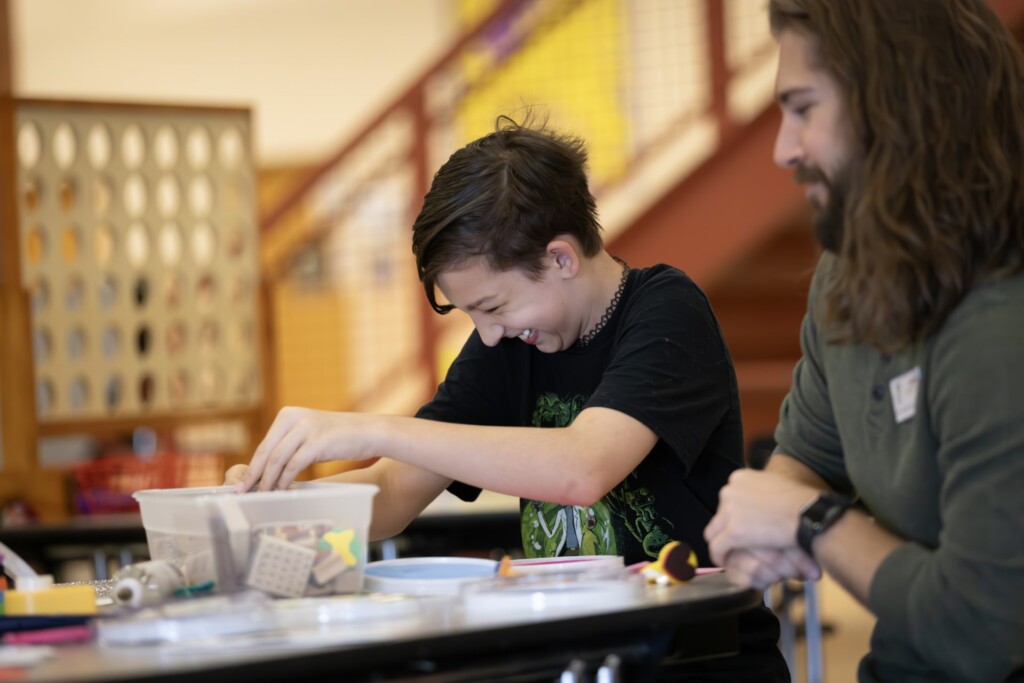
In the spring of 2022, Tacoma Public Schools (TPS) faced a heart-wrenching crisis. The district, which serves 28,000 students, was reeling from the loss of ten students to gun violence. With summer approaching, safety was top of mind and a non-negotiable.
As the summer neared, TPS Superintendent Dr. Josh Garcia addressed the City of Tacoma Joint Municipal Action Committee (JMAC), an assembly of officials from various governmental organizations, with a challenge to not let the tragedy of the last year go unnoticed. The community needed to act.
The response to Dr. Garcia’s challenge was the establishment of the Summer Late Nights in Tacoma. This initiative was an incredible demonstration of what rapid and effective community collaboration can look like. Metro Parks Tacoma spearheaded marketing and grant writing, while nonprofits like the YMCA and Boys & Girls Clubs provided staffing and programming. Their combined efforts raised over $1.4 million from both public and private funders. The result was 12 safe spaces across the city, which, throughout the summer, hosted over 12,000 participants. There were no gun violence-related injuries or deaths among students that summer.
The Beginnings of JMAC
Understanding the roots of JMAC is crucial to appreciating this success. Initially formed in the 1970s to bring the Head Start program to Tacoma, JMAC evolved significantly over the years. The COVID-19 pandemic marked a turning point, transforming JMAC from a social meeting group into an action-oriented body. Under the leadership of Chair Elizabeth Bonbright and Vice Chair Kristina Walker, JMAC focused on Justice, Equity, Diversity, Inclusion (J.E.D.I), Health and Security, and Community Wealth Building. The redefined vision and commitment to action laid the groundwork for future collaborative successes like the Summer Late Nights program.
During this period of reinvigorating the action committee, the team hosted a summit of 60 and invited community partners (including business, non-profit, and faith leaders) to share JMAC’s new united direction and ask for ways to engage with them so that their collective work would be aligned. Even after the urgency of COVID had begun to wane, a group of 75-100 attendees—mostly comprised of interested staff from participating organizations and community partners—continued to move their collaborative work forward.
In December 2022, they held another Summit and were proud of the significant impact they achieved by shifting away from agency-siloed thinking in favor of aligned policies and funding.
Leveraging Relationships
TPS already had a collaboration framework in place, having worked with Metro Parks Tacoma and Greentrike on the Beyond the Bell and Club Beyond programs. These programs provided after-school care to meet the post-COVID child care void and were quickly adapted for the summer initiative. The district offers TPS families free or low-cost (pay as you can) extended learning opportunities after school between the hours of 3 – 6 p.m. every weekday during the school year. The community vendors provide a wide range of engaging activities including STEAM programs, tutoring, sports, art, music, theater, and leadership opportunities. Metro Parks coordinates and Greentrike manages the vendors by recruiting vendors, performing background checks and paying for their services. By leveraging the existing infrastructure and partnerships, the community was able to quickly deploy the Summer Late Nights program.
In late April/early May of 2023, Dr. Garcia challenged JMAC members to commit dollars to stand up a program for Middle School and High School students during the summer every weekday from 5 – 10 p.m. for the 10 weeks of summer. “We adapted the Beyond the Bell/Club B model with similar staffing but a less structured environment. And we provided hot nutritious dinners to all participants at all 12 sites.”
Throughout the program, TPS maintained a strong leadership role. Dr. Garcia’s involvement was pivotal in rallying community support and ensuring the program’s alignment with the “Whole Child, Whole Educator” approach. Half of the 12 sites were housed at a TPS Middle School and the district provided janitorial services and other in-kind supports for our 6 sites. In addition, TPS staff often dropped in on the 12 sites throughout the summer to speak with students and Late Night staff to learn more about the impact and any suggestions for improvement and canvassing to ensure the community knew about the great opportunity.
One of the key components of Beyond the Bell, Club B and Summer Late Nights is that all staff working with TPS Students are trained in and must use their “warm welcome” and “zones of regulation”.
“Warm welcomes” and “zones of regulation” are components of the Tacoma Public Schools Whole Child approach to education. A “warm welcome” involves greeting each student by name and asking each student about their “zones of regulation” (how they are feeling at that moment: GREEN = Good/Happy or YELLOW = anxious/nervous/worried or BLUE = sad/depressed or RED = angry/highly emotional). These basic self-disclosed bits of the real-time emotional status of each student provide TPS teachers and afterschool providers with critical information to help them best operate a successful environment for all the students in their classrooms/activity space.
The story of the Summer Late Nights program in Tacoma is a shining example of how community collaboration can address and mitigate pressing social issues. By pooling resources, expertise, and commitment, TPS and the Tacoma community created a safe, engaging summer environment for their youth.
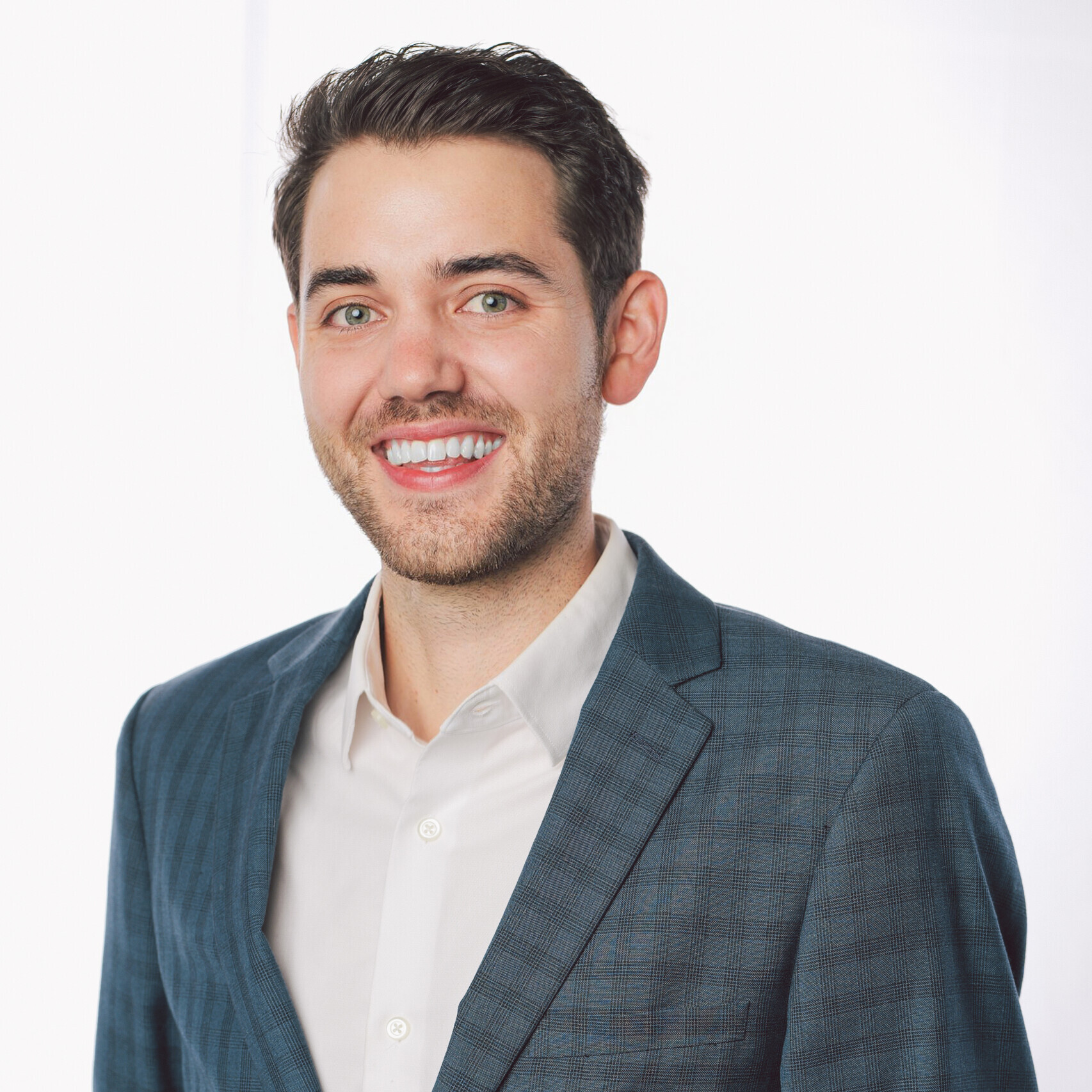
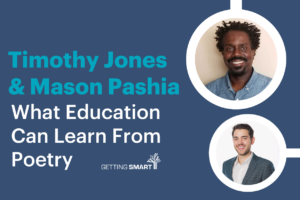
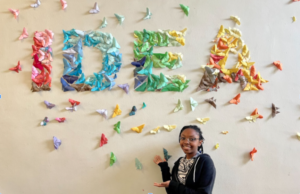
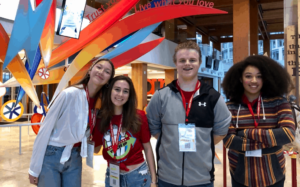
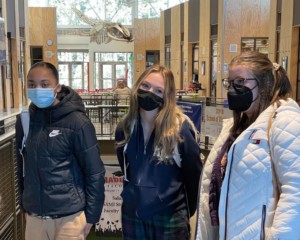
AKHIL SHARMA
Beautifully wrote very informative